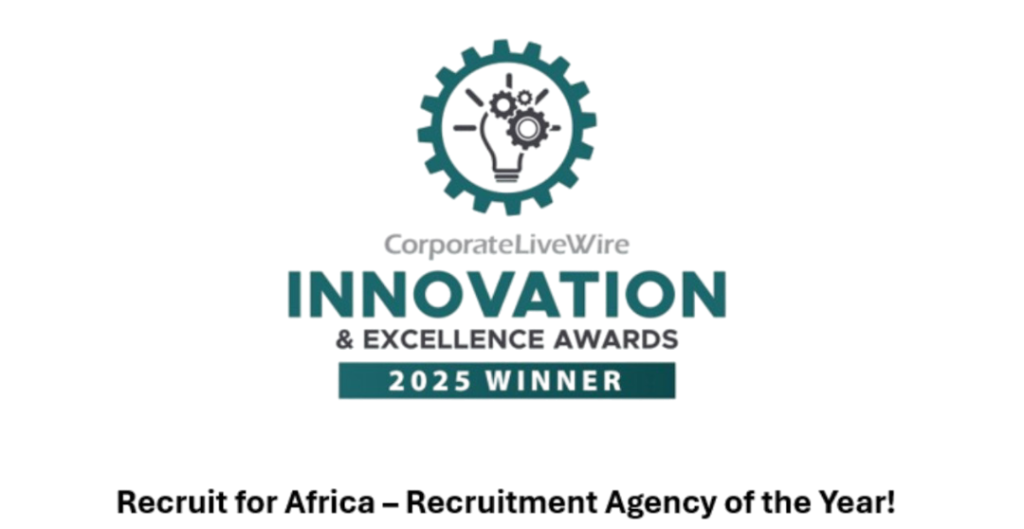Answer example:
“Sure! For the past three years, I’ve been working as a social media specialist for a mid-sized marketing agency, where I create, schedule, and manage content for between 5 and 10 clients at a time. I really enjoy the work — I’m creative, organised, I love meeting deadlines, and I find the analytics reports fascinating, so it’s a good fit for my personality! It’s been great but I’d prefer the opportunity to focus my efforts on building a strong brand identity and online community for one company like yours.”
The answer to this interview question should include specifics about the company, so you’ll need to do some pre-interview research. If, for example, the company is known for its collaborative culture, you could point out successes you’ve had while collaborating with a team.
Look for company-specific information on their website and social channels. Pay attention to the company’s mission statement, values, and the ‘About us’ section. Explore employee-specific posts on social media to learn about the company’s culture or outreach programs. Combine this information with relatable skills to show your preparedness and enthusiasm for the company.
Another common interview question looks at your five-year plan. You should promote your commitment to the company while looking toward growth opportunities.
Hiring managers often ask this question to make sure you understand the role and also to allow you an opportunity to highlight your relevant skills. Study the job description carefully and compare its requirements to your skills and experience. In your answer, focus on a few job responsibilities that you would particularly enjoy and that you have experience in handling.
Answer example:
“I was responsible for revising the landing page for the website at my last job. Our objective was to streamline the information and improve the copy, functionality, and design. I came up with some rough drafts, worked closely with the writers and designers on the marketing team to improve on those ideas, and then used A/B testing to determine which was more popular based on bounce rate and sign-ups. It was a big job with a lot of moving pieces, but we saw a 25% increase in sign-ups once the new page went live and it was interesting to work with teams in other departments.”
While you might be tempted to mention the extra hours you put in or the additional tasks you take on, it’s best to showcase your skills with a story. Talk about the innovative methods you deployed to revive a stalled project or roles you filled when your team was downsized.
Answer example:
“I work well with a lot of different people and got a lot of experience in doing so during a prior job as a customer support representative. I’d say the biggest challenge is people who always seem adversarial — as if they’re looking for fault in you or your work. However, it’s important to remember that it’s probably not personal. It may just be their style of communication or a reflection of something they have going on in their own lives. I respond by being patient and friendly, and I accept their feedback without letting my perception of their tone interfere with their actual message.”
Example answer:
“I’m able to stay calm by focusing on the bigger picture first and then breaking down my projects into smaller tasks. I always start by identifying the goal I’m trying to achieve. From there, I make a list of short and long-term action items that will get me to my final goal.”
Example answer:
“I can make anyone feel comfortable in a new environment, which makes me a good fit as a human resources representative. In my previous position, a new employee came to me and told me that she didn’t think she was right for the company culture. I took the time to talk with her and it turned out she had misunderstood a list of volunteer opportunities her manager had emailed as being a very long list of mandatory work she was expected to complete during weekends. I was able to assure her that we did not have any such demands, and she eventually signed up for one of the volunteer positions and loved the experience.”
It can feel awkward to discuss your weaknesses in an environment where you’re expected to focus on your accomplishments. However, when answered correctly, sharing your weaknesses shows that you’re self-aware and have an interest in continued growth and learning—traits that are attractive to many employers. Consider using this formula for your response:
- Select an actual weakness (not a strength) that’s honest but professionally relevant: “I’m naturally an introvert…”
- Add context: “…From my first job out of college, I tend to do well with little supervision and a high degree of independence…”
- Provide a specific example:” …After being assigned to a team that needed to give monthly progress updates, I knew I owed it to my teammates and myself to learn how to collaborate better with others..”
- Explain how you overcame or are working to overcome it: “…I took an online course on improving communication skills and learned how to reach out to my teammates with more confidence, and also how to brush up on presentation skills so that I felt more relaxed when it was my turn to deliver a monthly presentation. I’m never going to be the most vocal person in a meeting but I can definitely contribute to any conversation and be an effective team player.”






